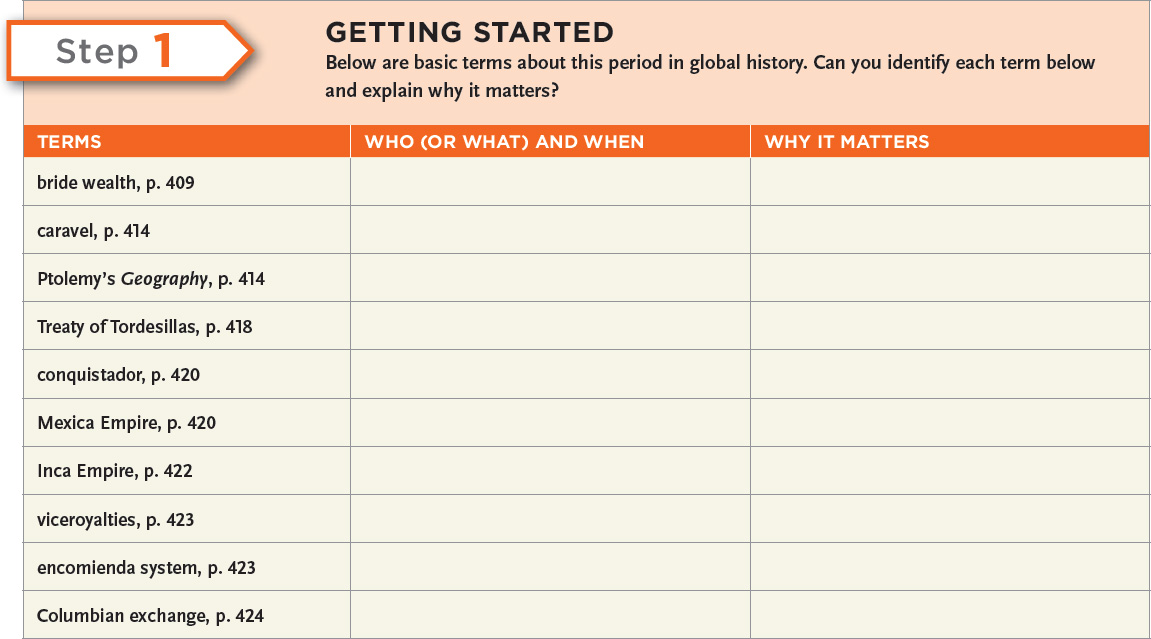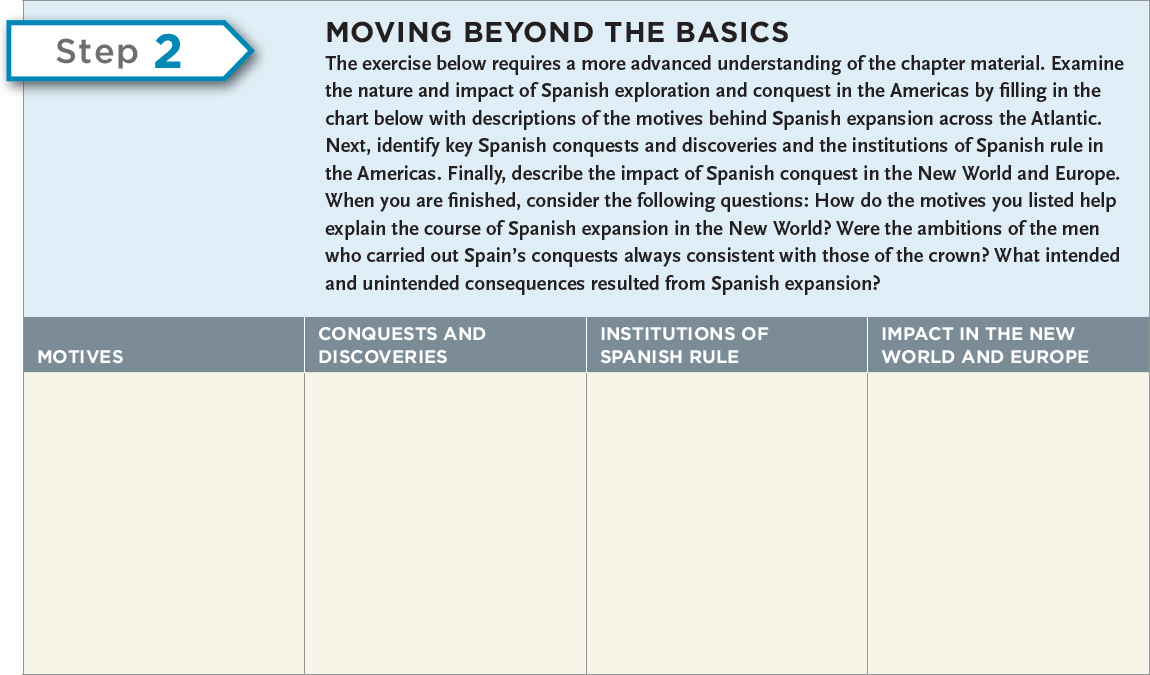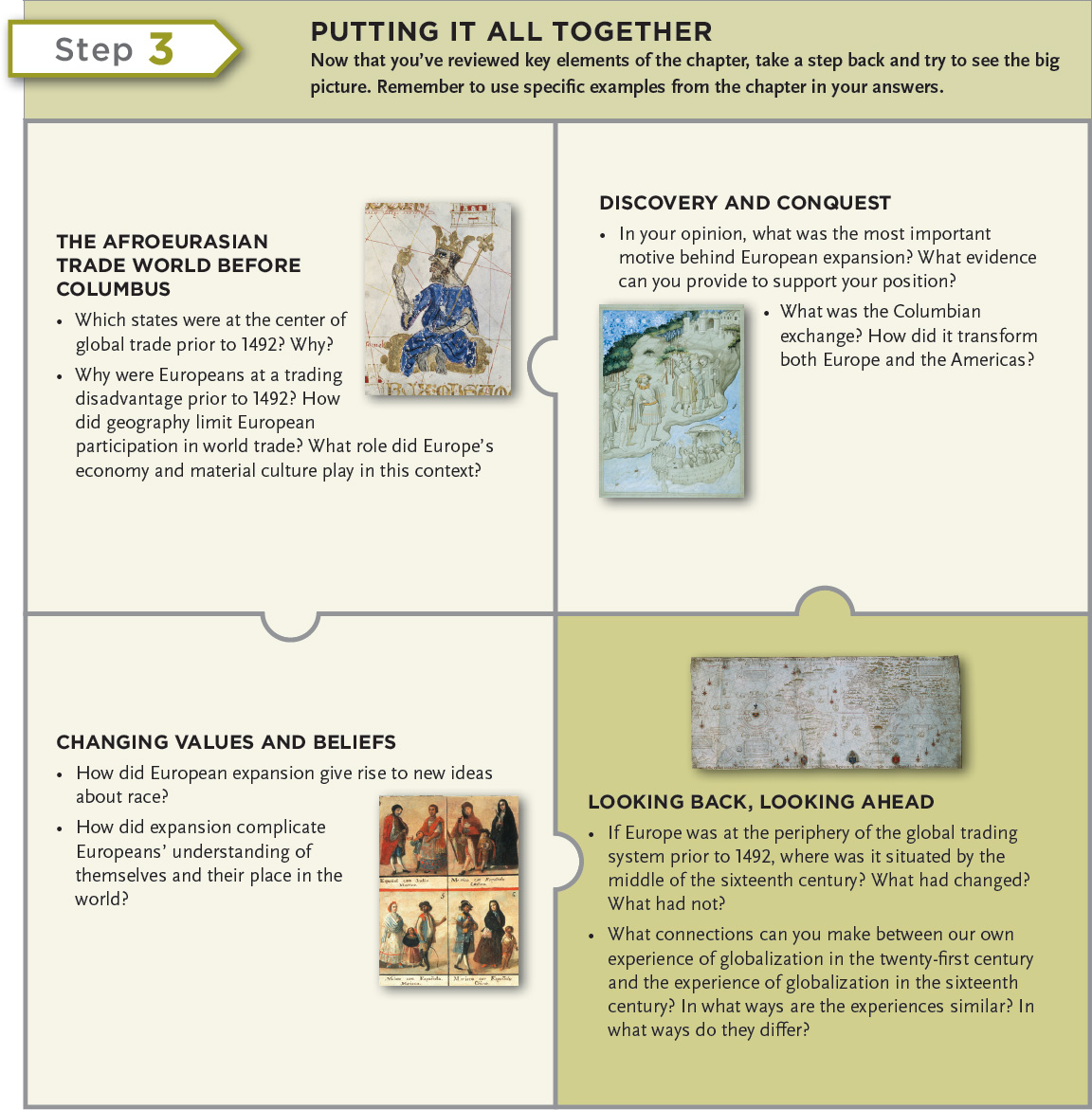Connections

JUST THREE YEARS separated Martin Luther’s attack on the Catholic Church in 1517 and Ferdinand Magellan’s discovery of the Pacific Ocean in 1520. Within a few short years western Europeans’ religious unity and notions of terrestrial geography were shattered. Old medieval certainties about Heaven and earth collapsed. In the ensuing decades Europeans struggled to come to terms with religious differences among Protestants and Catholics at home and with the multitudes of new peoples and places they encountered abroad. While some Europeans were fascinated and inspired by this new diversity, too often the result was violence. Europeans endured decades of religious civil war, and indigenous peoples overseas suffered massive population losses as a result of European warfare, disease, and exploitation. Tragically, both Catholic and Protestant religious leaders condoned the trade in slaves that was to bring suffering and death to millions of Africans.
Even as the voyages of discovery contributed to the fragmentation of European culture, they also factored into state centralization and consolidation in the longer term. Henceforth, competition to gain overseas colonies became an integral part of European politics. Spain’s investment in conquest proved spectacularly profitable, and yet, the ultimate result was a weakening of its power. Over time the Netherlands, England, and France also reaped tremendous profits from colonial trade, which helped them build modernized, centralized states.
The most important consequence of the European voyages of discovery was the creation of enduring contacts among five of the seven continents of the globe—Europe, Asia, Africa, North America, and South America. From the sixteenth century onward, the peoples of the world were increasingly entwined in divergent forms of economic, social, and cultural exchange. Our modern era of globalization had begun.
Chapter 16 Study Guide
To do these exercises online, go to bedfordstmartins.com/mckayworldunderstanding



In Your Own Words Imagine that you must explain Chapter 16 to someone who hasn’t read it. What would the most important points to include and why?